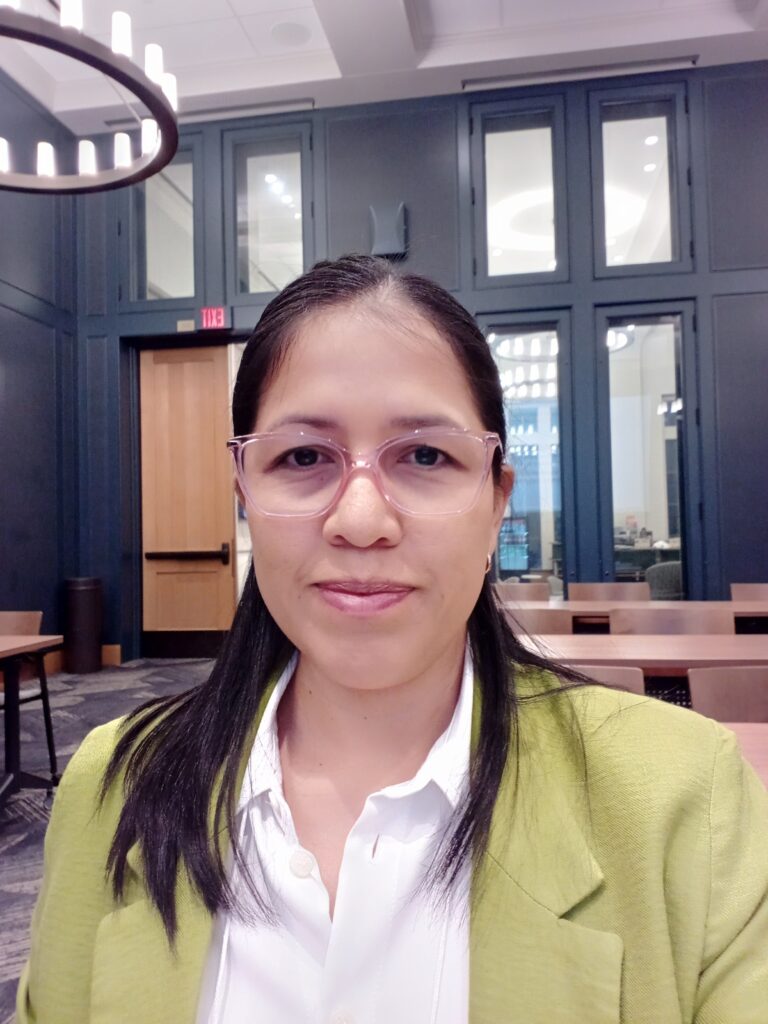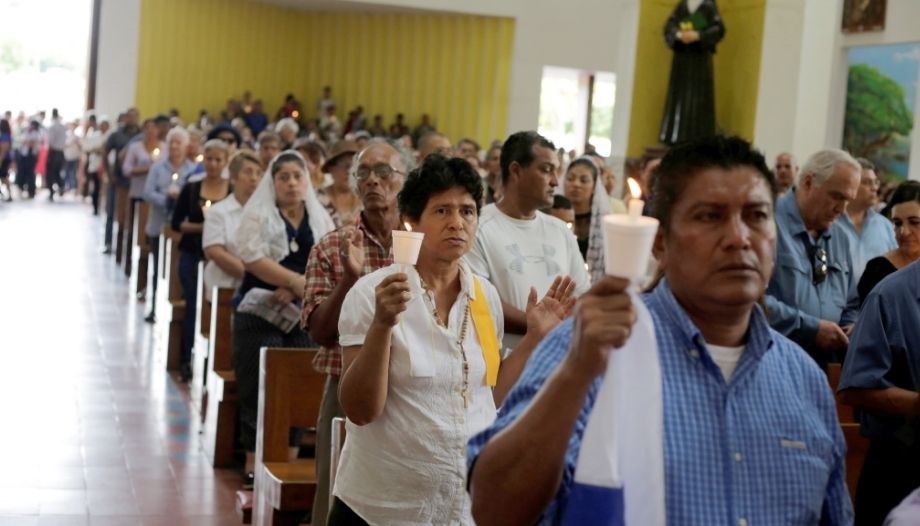The title says it all: "Legal Tools of Repression - Comparative Analysis Cuba-Nicaragua". Teresa Flores, lawyer and director of the Observatory for Religious Freedom in Latin America (Olire), detailed how "the governments of Cuba and Nicaragua limit religious and civil liberties". Both control the public and digital space, he said at Florida International University (FIU),
At the symposium, held in early September, Nicaraguan lawyer Yader Valdivia stated that "human rights violations continue to be committed in Nicaragua. The faith has been persecutedchurches under siege, pastors and priests attacked and arbitrarily detained, or disappeared and prosecuted, banished".
"Religious persecution"
"In Nicaragua religion is not a doctrinal issue, nor a theological dispute, but rather it is a thermometer of democracy. I want to make it clear that the religious persecution exists in the country," Valdivia added. The event was co-organized by Outreach Aid to the Americas (OAA), the Cuban Research Institute (CRI) and the Kimberly Green Latin American and Caribbean Center (LACC).
Teresa Flores synthesized his intervention for Omnes. Obviously, although we do not talk about it, the banishment of the Bishop Rolando Álvarez at the Vatican, as of January 2024. The persecution and banishment of other bishops and priests, or the exile of more than half a million Nicaraguans since 2018.

Cuba and Nicaragua have used the laws as a mechanism of control over society and, in particular, over "faith communities," you pointed out.
- In both Cuba and Nicaragua, the authorities have created a legal framework that appears to be legitimate, but in practice limits religious and civil liberties. During the presentation I pointed out that in both Cuba and Nicaragua a legal framework has been constructed. Although, on paper, it recognizes religious freedom, in practice it conditions it to ambiguous concepts such as "public order", "social interest" or "national security". This allows the authorities to restrict the exercise of rights at any time.
In Cuba, the 2019 Constitution enshrines the supremacy of the Communist Party, which empties of content and conditions recognized freedoms. In Nicaragua, the most recent constitutional reforms have broadened the grounds for loss of nationality and political exclusion, reinforcing their punitive nature.
These regulations allow for censorship, surveillance and punishment of religious leaders and organizations, he adds.
- Both countries have passed laws that give them the power to control the public and digital space. In Cuba, decrees such as 35 and 370 force all communication to be subordinated to the "socialist constitution", sanctioning critical content with heavy fines or even criminal charges.
In Nicaragua, the Cybercrime Law penalizes with imprisonment the dissemination of what the government considers "false news" and enables real-time surveillance of users.
This regulatory framework makes freedom of expression and religious freedom vulnerable rights. For faith leaders and communities can be accused of spreading "disinformation" or "subversive propaganda" for merely expressing critical opinions.
How do levels of control and ways of applying pressure on churches and communities work?
- The Communist Party's Office of Religious Affairs directly controls the registration and operation of churches in Cuba, and any unrecognized association risks criminalization. In Nicaragua, laws on non-profit organizations, foreign agents and financing have allowed for the cancellation of legal personhood, confiscation of assets and suspension of religious activities.
In Nicaragua and Cuba, sanctions are of a criminal nature and also through administrative channels, which allows for a massive and systematic dismantling of religious communities considered opponents of the regime.
You say that understanding legal tools is key to making abuses visible and seeking ways to defend fundamental rights.
- To understand the impact of the legal tools in Cuba and Nicaragua, I emphasized that it is first necessary to understand the breadth of religious freedom. This right is not limited to private worship. It encompasses education, association, public participation and transmission of beliefs, to mention just a few freedoms. Without this comprehensive vision, it is impossible to fully identify how laws can become restrictive instruments.
In both countries, it is precisely these broader dimensions that are limited: the legal framework does not guarantee rights, but rather empties them of content. Hence the importance of analyzing these norms, because they show how repression is also channeled through rules, regulations and laws beyond physical repression, which give the appearance of legality to arbitrary measures.
What about the international route?
Both Cuba and Nicaragua have withdrawn from regional human rights mechanisms, reducing avenues for international protection. However, monitoring by UN agencies and international pressure remain critical to document abuses. And also to offer support to faith communities facing a high degree of repression.
Aggressions
OSV News has reported a month ago that attacks on the Catholic Church in Nicaragua have declined in 2025. But a report on persecution of the Church in the Central American country attributes the decline to few priests and religious denouncing harassment persecution against them and Church property, wrote David Agren.
A total of 1,010 attacks have been committed against the Nicaraguan Church since 2018, according to Martha Patricia Molina, a Nicaraguan lawyer in exile who tracks this persecution. That number dropped to just 32 so far in 2025, down from a high of 321 attacks in 2023, according to Molina in the seventh edition of her report, "Nicaragua, a Persecuted Church."
"Decimated church"
"The drop in numbers seen in 2025 does not mean that a cordial relationship is being established between the (Nicaraguan) dictatorship and the Catholic Church, but rather that in this stage of repression the church is decimated," Molina said. Under no circumstances can the clergy denounce the abuses and daily surveillance to which they are subjected. They do not publicly express their suffering because of the threats they receive from members of the National Police," she said in the report.







